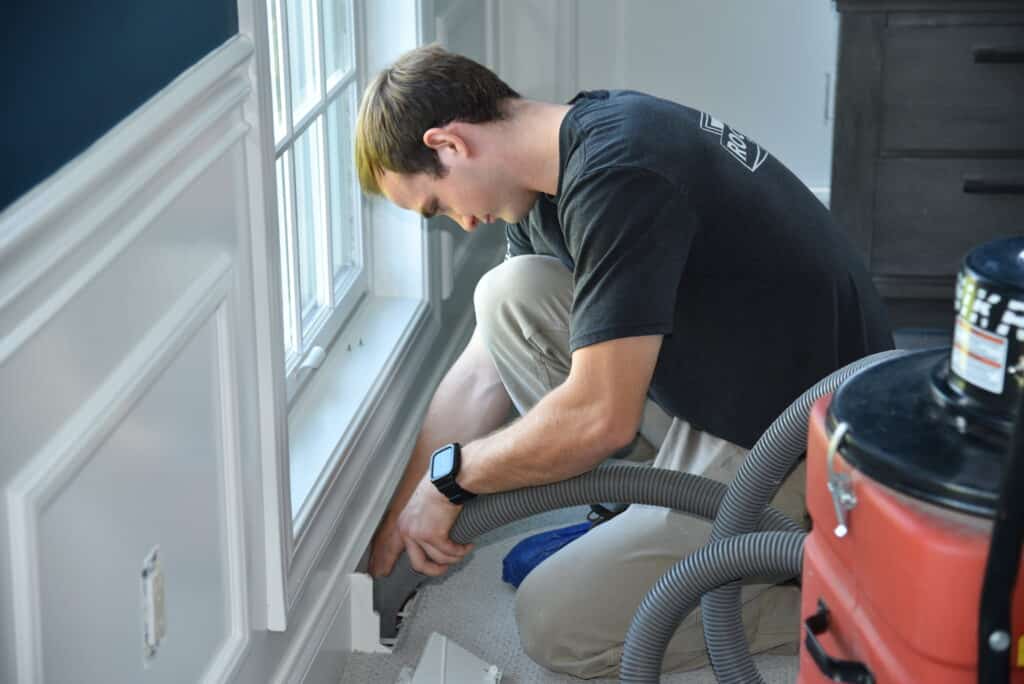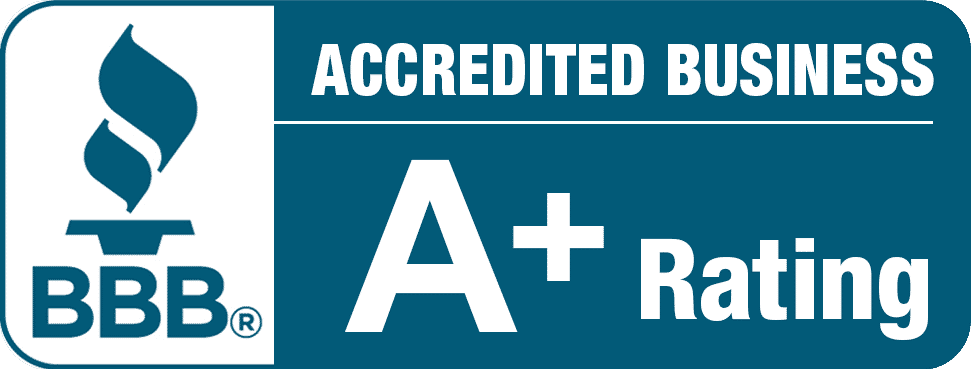The quality of the air we breathe is a fundamental aspect of our overall health and well-being. While we often think of pollution as an outdoor concern, the air indoors can be equally—if not more—important to consider. Indoor air quality (IAQ) refers to the condition of the air within buildings, including homes, workplaces, and public spaces. Understanding what influences IAQ, recognizing the causes of poor air quality, and discovering ways to enhance it are crucial steps towards a healthier living environment
What is Indoor Air Quality (IAQ)?
Indoor air quality represents the state of the air within a closed environment concerning its cleanliness and potential impact on health. It encompasses various factors such as the presence of pollutants, humidity levels, temperature, and adequate ventilation. Poor IAQ can lead to short-term effects like irritation of the eyes, nose, and throat, as well as long-term consequences such as respiratory diseases and other health issues.
Causes of Poor Indoor Air Quality:
Several factors contribute to subpar IAQ:
- Indoor Pollutants: Common culprits include chemical pollutants from household products, pet dander, dust mites, tobacco smoke, and mold.
- Inadequate Ventilation: Insufficient fresh air circulation can lead to the accumulation of indoor pollutants.
- High Humidity: Excessive moisture fosters the growth of mold and mildew, impacting both air quality and respiratory health.
- Building Materials and Furnishings: Certain materials and furniture emit chemicals over time, affecting IAQ.
Improving Indoor Air Quality:
Enhancing IAQ involves proactive measures to mitigate pollutants and maintain a healthier environment:
- Increase Ventilation: Regularly open windows and use exhaust fans to promote air circulation.
- Keep Clean: Regularly clean and vacuum to reduce dust and pet dander accumulation.
- Duct Cleaning: Schedule professional duct cleaning services to remove dust, debris, and potential mold buildup within HVAC systems, ensuring cleaner air circulation throughout your space.
- Monitor Humidity: Use humidifiers or dehumidifiers to maintain optimal humidity levels and prevent mold growth.
- Choose Low-VOC Products: Opt for eco-friendly cleaning supplies, paints, and furniture to reduce chemical emissions.
- Indoor Plants: Certain plants act as natural air purifiers, absorbing pollutants and enhancing air quality.
- Filter Replacement: Regularly replace air filters in HVAC systems to maintain clean airflow, reducing the circulation of dust, allergens, and pollutants within your indoor environment, thus contributing to improved air quality

How Rock Valley Services Can Help:
Companies like Rock Valley Services specialize in improving indoor air quality. They offer professional services such as:
- Air Filtration and Purification: Installation of advanced filtration systems to remove contaminants from indoor air.
- HVAC Maintenance: Ensuring proper functioning of heating, ventilation, and air conditioning systems for optimal air circulation.
- Duct Cleaning: Duct cleaning services, ensure the removal of dust, allergens, and contaminants from HVAC systems, thereby significantly improving indoor air quality for a healthier environment.
Our understanding of indoor air quality is vital for creating healthier living and working spaces. By recognizing the causes of poor IAQ and implementing practical solutions, individuals can significantly enhance the air they breathe indoors. Companies like Rock Valley Services play a crucial role in this process by offering expertise and services to create cleaner, healthier indoor environments for everyone.
Remember, prioritizing indoor air quality isn’t just an investment in comfort—it’s an investment in your health.
Contact Rock Valley Services today at (608) 247-4949 to help improve your indoor air quality.



